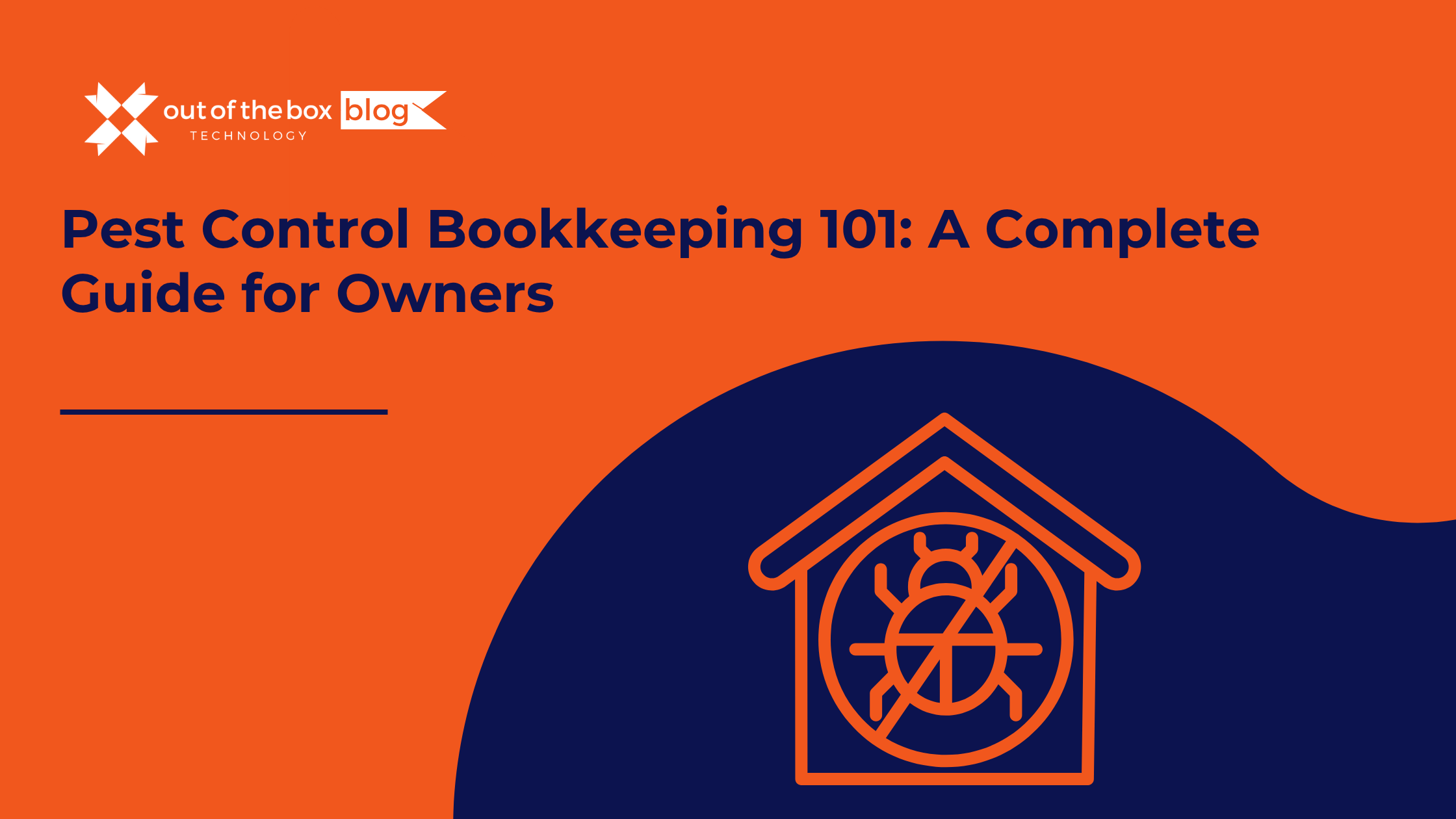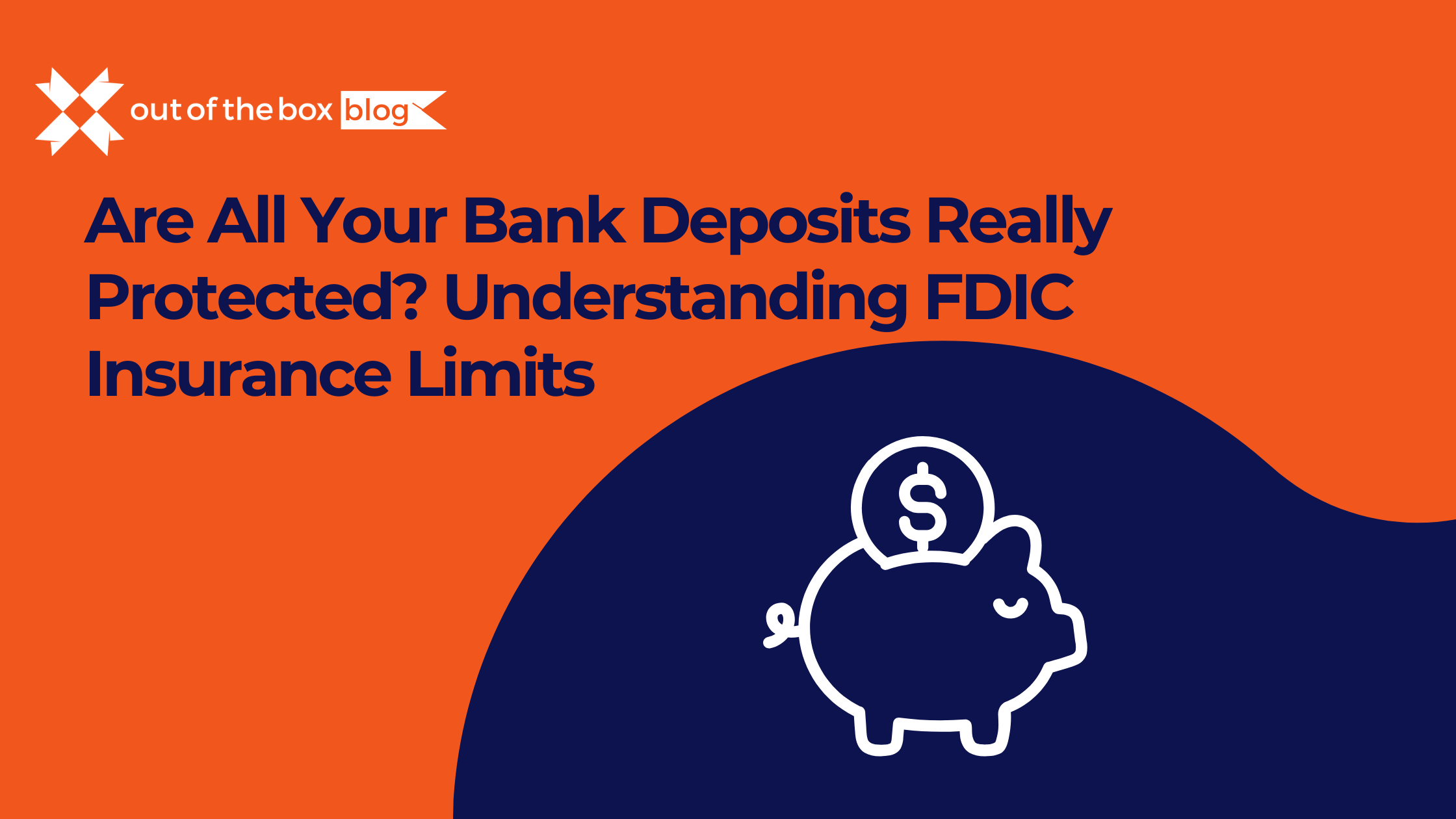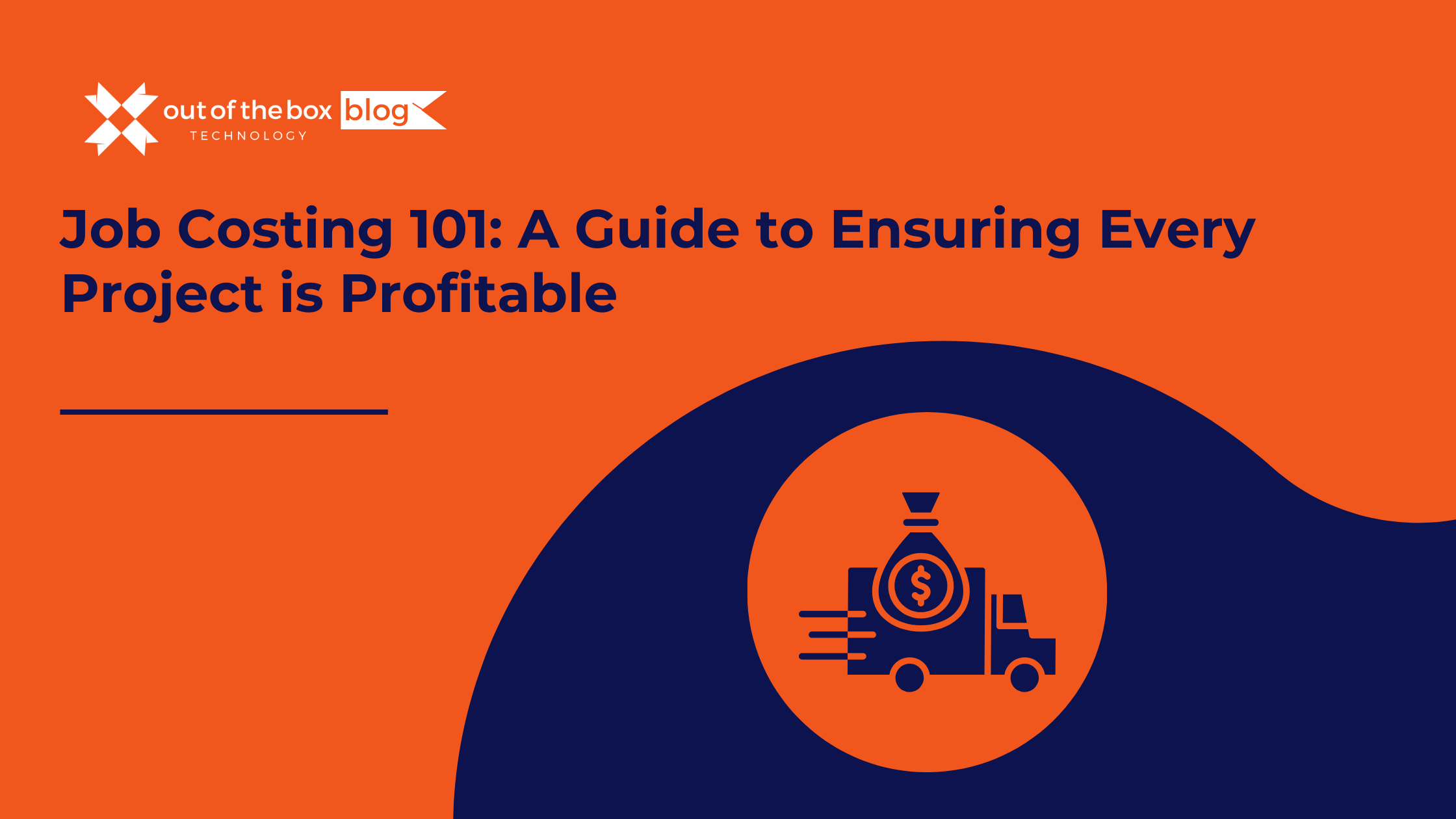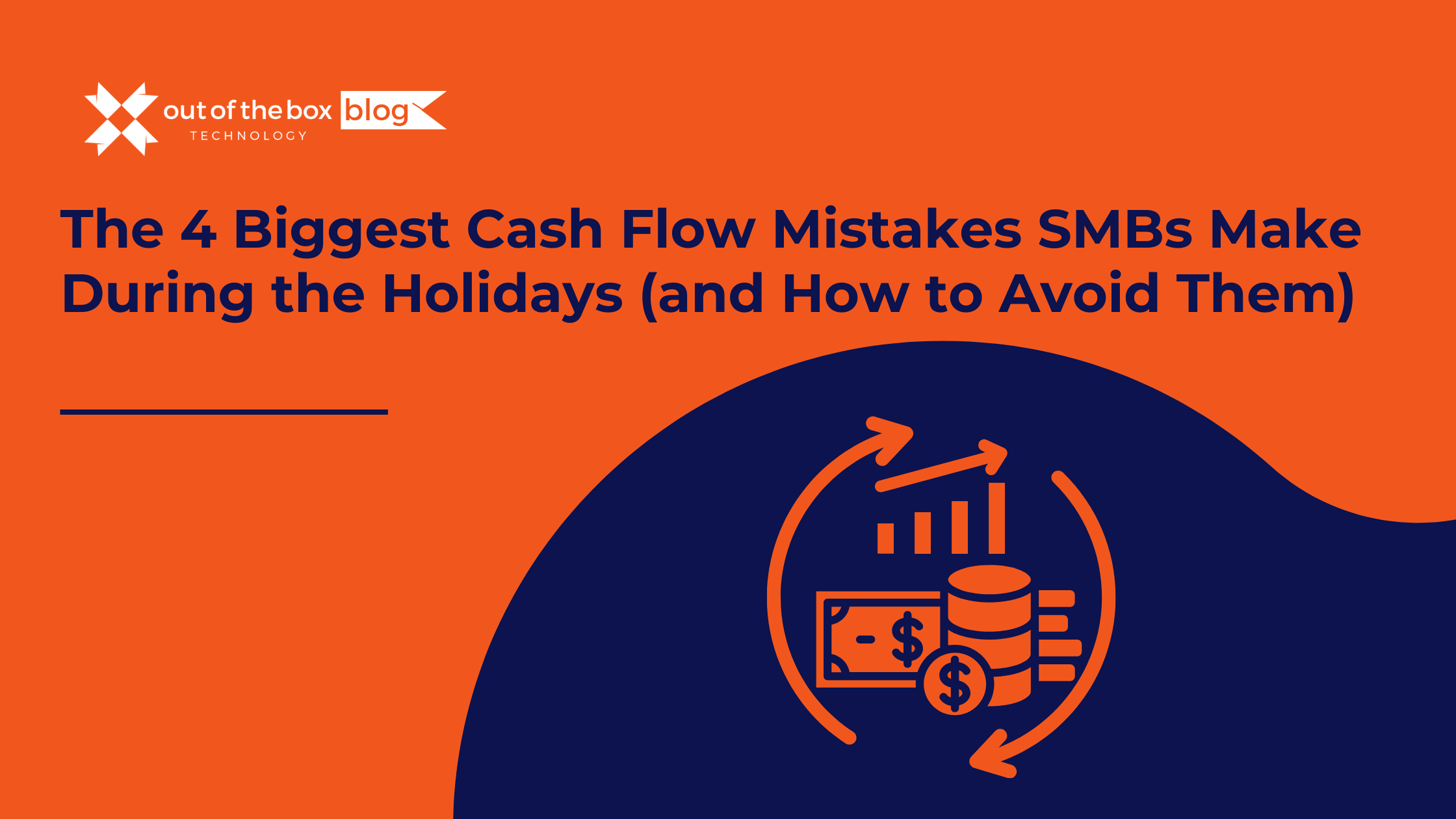Pest Control Bookkeeping: Essential Tools and Tips for a Thriving Business
In the dynamic pest control industry, where mobile technicians, daily invoicing, and strict compliance are the norm, robust bookkeeping is critical for success. This guide is specifically for pest control business owners aiming to streamline finances, guarantee compliance, and utilize financial data for strategic growth.
What You’ll Learn:
- Understanding the unique aspects of pest control bookkeeping.
- Identifying key financial components vital for your business’s success.
- How accurate financial records drive profitability and minimize risks.
- Recognizing and avoiding common bookkeeping mistakes in the pest control industry.
- Implementing best practices for maintaining compliance and operational efficiency.
- Leveraging QuickBooks and Out of the Box Technology (OOTB) to automate your financial management.
Why Trust This Guide?
At Out of the Box Technology (OOTB), we specialize in tailored bookkeeping services for industries like yours, including Franchise Bookkeeping, Outsourced Bookkeeping and Accounting, and convenient Monthly Bookkeeping Packages. Our team of QuickBooks-certified specialists possesses extensive experience working with pest control businesses. We understand the specific challenges you face, from managing fluctuating seasonal revenue to accurately tracking chemical costs and fleet expenses.
Understanding Pest Control Bookkeeping:
Pest control bookkeeping is a specialized approach to financial management tailored to the unique operational demands of the pest control industry. Unlike general bookkeeping, it requires meticulous tracking of:
- Invoices for diverse services: residential, commercial, and seasonal pest control.
- Costs associated with essential supplies: chemicals, protective gear, and specialized equipment.
- Technician labor expenses: including payroll for employees and payments to contractors.
- Vehicle and fleet-related costs: fuel, maintenance, and insurance.
- Regulatory and compliance expenses: licensing fees and taxes specific to the pest control industry.
- Field service activities: often integrated with CRM or scheduling platforms for comprehensive data.
Example: A pest control company offering both one-time rodent removal services and recurring mosquito prevention treatments needs a bookkeeping system that accurately reflects the different invoicing schedules, revenue projections, and cost allocations associated with each service type. This nuanced tracking is essential for generating accurate financial insights.
Furthermore, pest control bookkeeping emphasizes critical operational aspects such as route optimization (impacting travel and fuel expenses), job costing (analyzing profitability by service type or individual technician), and managing seasonal revenue variations (peak seasons in spring/summer versus slower winter months).
Key Components of Effective Pest Control Bookkeeping:
-
Streamlined Service Invoicing and Recurring Billing:
Timely and accurate invoicing is crucial for consistent cash flow. Many pest control businesses offer recurring services, such as quarterly termite prevention, necessitating the implementation of automated recurring invoice features within accounting software like QuickBooks Online.
-
Comprehensive Expense Tracking:
Accurate tracking of all business expenses is vital. Key categories include:
- Chemical and Material Costs: Pesticides, rodenticides, and other treatment materials.
- Fleet Expenses: Fuel, vehicle maintenance, and insurance premiums.
- Protective Gear and Equipment: Gloves, respirators, sprayers, and other necessary tools.
- Licensing and Regulatory Fees: Permits and compliance costs specific to the pest control industry.
Example: If a pest control technician utilizes $200 worth of chemicals for a commercial client’s service, precise expense tracking ensures this cost is correctly allocated to that job for accurate profitability analysis.
-
Efficient Payroll and Contractor Payments:
Labor costs for technicians represent a significant portion of expenses. Utilizing QuickBooks’ payroll service simplifies the management of hourly rates, commissions, bonuses for employees, and payments to independent contractors, while ensuring compliance with W-2 and 1099 reporting requirements.
-
Insightful Revenue and Profit Tracking:
Categorizing revenue by service type (e.g., residential, commercial, seasonal) allows pest control business owners to identify their most profitable service segments and strategically adjust their offerings and marketing efforts accordingly.
-
Actionable Operational Insights:
Effective bookkeeping transcends mere compliance; it serves as a powerful tool for operational excellence. Analyzing financial data can provide valuable insights to optimize:
- Pricing Strategies: Based on accurate cost analysis and market demand.
- Marketing ROI: By tracking revenue generated from specific marketing campaigns.
- Technician Efficiency: Through detailed labor and job costing reports.
Why Accurate Bookkeeping is Crucial for Pest Control Businesses:
-
Proactive Tax Planning and Compliance:
Maintaining meticulous bookkeeping records ensures your pest control business is well-prepared for tax season. Clean and organized financials that adhere to IRS and state regulations significantly reduce the risk of tax audits and potential penalties.
-
Effective Cash Flow Management:
Accurate financial records provide a clear overview of your income and expenses, enabling you to anticipate potential cash flow challenges and make informed decisions for sustainable growth.
-
Enhanced Operational Efficiency:
Analyzing bookkeeping data can reveal operational inefficiencies, such as excessive fuel consumption, unprofitable service lines, or underperforming technicians, allowing for timely corrective actions.
-
Sustainable Business Growth and Profitability:
With reliable financial data at your fingertips, you can:
- Establish competitive yet profitable pricing structures.
- Identify your top-performing services and strategically focus your marketing investments.
- Make well-informed decisions regarding business expansion and capital investments.
-
Minimized Business Risks:
Poor bookkeeping practices can expose your pest control business to several risks, including:
- Lost revenue due to unbilled or delayed invoices.
- Costly IRS penalties resulting from inaccurate tax filings.
- Overpayment for labor or supplies due to misclassification or data entry errors.
Common Bookkeeping Mistakes to Avoid in the Pest Control Industry:
- Misclassified Expenses: For instance, incorrectly categorizing field expenses like technician gas or equipment purchases under general categories, obscuring the true cost of service delivery.
- Failure to Track Mileage Accurately: Technician mileage is a significant deductible expense often overlooked without diligent record-keeping.
- Disconnected Systems: When invoicing, CRM (Customer Relationship Management), and accounting systems operate independently, it leads to data inconsistencies and increased manual entry errors.
- Incomplete or Delayed Record-Keeping: Failing to update financial records regularly results in inaccurate reports, delays in payroll processing, and missed potential tax deductions.
- Relying on DIY or Spreadsheet-Based Bookkeeping: While seemingly simple initially, spreadsheets are prone to errors and lack the automation and security features of dedicated accounting solutions like QuickBooks Online.
Bookkeeping Best Practices for Pest Control Businesses:
Strategically Organize Your Chart of Accounts:
Establish specific categories for:
- Labor Costs: Technician wages and commissions.
- Chemical and Supply Expenses.
- Equipment and Tool Costs.
- Vehicle Expenses: Fuel, maintenance, and insurance.
- Licensing and Compliance Fees.
- Revenue by Service Type: Residential, commercial, and seasonal for clearer profitability analysis.
-
Implement Monthly Financial Reviews and Reconciliation:
Regularly review:
- Bank and credit card reconciliations for accuracy.
- Profit and loss statements segmented by service category or technician performance.
- Accounts receivable (outstanding invoices) and accounts payable (vendor bills) aging reports.
-
Automate Financial Processes Wherever Possible:
- Utilize QuickBooks to schedule recurring invoices and generate regular financial reports automatically.
- Implement mobile apps for technicians to efficiently log expenses and mileage in real-time.
- Integrate your accounting software with your CRM and scheduling tools for seamless data flow.
Leveraging QuickBooks for Efficient Pest Control Bookkeeping:
QuickBooks Online is an ideal accounting solution for pest control businesses, offering features such as:
- Mobile accessibility, enabling technicians to log time, expenses, and mileage directly from the field.
- Recurring invoicing capabilities for efficiently managing scheduled services.
- Seamless integration with popular scheduling and CRM platforms.
- Real-time financial dashboards providing immediate insights into revenue and cost trends.
At OOTB, we further enhance the power of QuickBooks for pest control companies by providing:
- Customized reporting tailored to service type, technician performance, or geographical location.
- User-friendly dashboards that visually represent key performance metrics.
- Automated workflows designed to minimize administrative overhead.
- Expert guidance on QuickBooks setup, training, and ongoing support.
When to Consider Outsourcing Your Pest Control Bookkeeping:
Consider outsourcing your bookkeeping needs when:
- Your pest control business is experiencing rapid growth, and managing finances internally becomes overwhelming.
- You consistently miss critical tax deadlines or struggle with the complexities of account reconciliation.
- You lack clear financial visibility, hindering informed decision-making.
- Errors or delays in your current system are causing issues with payroll or regulatory compliance.
Partnering with OOTB for outsourced bookkeeping offers several key advantages:
- Access to industry-specific expertise in pest control bookkeeping.
- Significant time savings and reduced stress for you and your team.
- Enhanced accuracy in your financial records and improved audit readiness.
- Scalable solutions that adapt to your business’s evolving needs, from monthly packages to comprehensive outsourcing.
Conclusion:
Professional bookkeeping is not merely an administrative task for pest control companies—it’s a fundamental pillar for sustained profitability, regulatory compliance, and strategic growth. By implementing these best practices, leveraging powerful tools like QuickBooks Online, and considering the expertise of specialized firms like Out of the Box Technology, you’ll position your pest control business for long-term success in a competitive market.
FAQs:
What exactly is pest control bookkeeping?
It’s a specialized approach to managing the financial data of businesses within the pest control industry. This involves tracking revenue from various service types, meticulously managing expenses unique to the industry (like chemical and licensing costs), handling technician payroll and contractor payments, and ensuring compliance with relevant regulations. Importantly, it often integrates with field service operations for real-time operational and financial insights.
Can QuickBooks effectively handle the bookkeeping needs of pest control businesses?
Yes, QuickBooks Online is particularly well-suited for pest control businesses, especially when customized and supported by experts like OOTB. Its features, including recurring invoicing, comprehensive expense tracking, mobile accessibility for field technicians, and seamless integration with scheduling and CRM tools, facilitate efficient and accurate financial management.
What are some common bookkeeping mistakes to watch out for in the pest control industry?
Key mistakes to avoid include:
- Misclassifying expenses, leading to inaccurate cost analysis.
- Failing to track vehicle mileage, missing out on significant tax deductions.
- Operating with disconnected invoicing and accounting systems, increasing errors and manual work.
- Maintaining incomplete or delayed financial records, resulting in inaccurate reporting and missed opportunities.
- Relying on basic DIY methods or spreadsheets, which lack the robustness and automation of dedicated accounting software.
How does accurate bookkeeping directly impact the profitability of a pest control business?
Accurate bookkeeping provides the data necessary to identify your most profitable service lines, optimize technician productivity through job costing, effectively control operational expenses (reducing overspending), and make strategic pricing decisions based on real cost analysis and market conditions.
When is the optimal time for a pest control business to consider outsourcing its bookkeeping?
Consider outsourcing your bookkeeping if your pest control business is experiencing rapid growth, you find yourself consistently missing critical tax deadlines, you’re struggling to maintain regulatory compliance, or you’re spending an excessive amount of your valuable time on complex financial tasks. Outsourcing to specialists like OOTB can save you time, reduce stress, and ensure greater accuracy and compliance.
How do seasonal shifts in pest activity affect bookkeeping for a pest control business?
Revenue and expenses in the pest control industry often fluctuate significantly with pest seasonality. Effective bookkeeping involves carefully tracking both recurring and one-time service revenue, proactively budgeting for seasonal variations in expenses, and ensuring sufficient cash flow during slower months to maintain smooth year-round operations.
What are the key differences between bookkeeping for a pest control business and general bookkeeping practices?
Pest control bookkeeping incorporates several unique elements not typically found in general bookkeeping. These include the tracking of specific industry costs like chemical and licensing fees, detailed reporting based on individual technicians and service routes, management of fleet-related expenses, and the crucial integration of financial data with field service activities and CRM systems for a holistic view of business performance.
Conclusion
Pest control bookkeeping is more than just managing numbers—it’s about creating a clear, compliant, and efficient financial foundation that supports your business’s growth and profitability. By understanding the unique financial challenges of the pest control industry and implementing streamlined, technology-driven solutions, you’ll not only stay ahead of the competition but also free up time to focus on what you do best: serving your customers and growing your business.
Whether you’re navigating seasonal revenue shifts, ensuring compliance with industry regulations, or optimizing profitability through detailed cost tracking, accurate and proactive bookkeeping is essential.
Ready to streamline your pest control bookkeeping?
Explore how Out of the Box Technology’s tailored solutions—Franchise Bookkeeping Services, Outsourced Bookkeeping and Accounting Services, and flexible Monthly Bookkeeping Packages—can help you achieve compliance, enhance profitability, and operate with greater peace of mind.
Chat with an expert advisor now.




